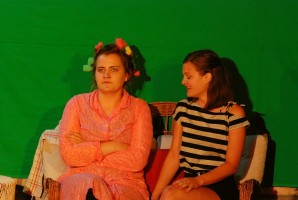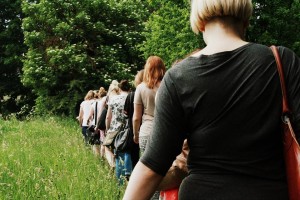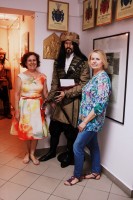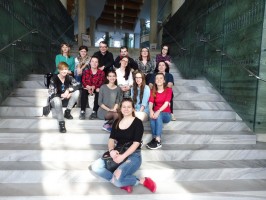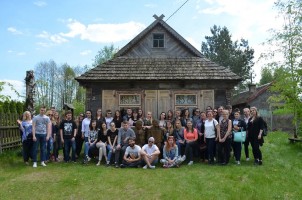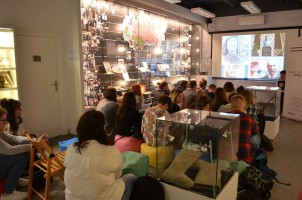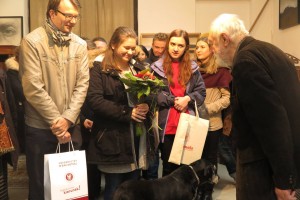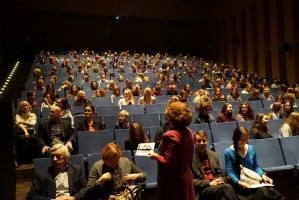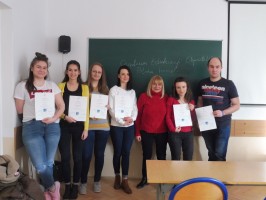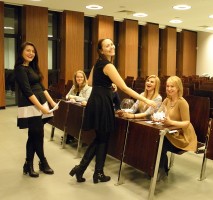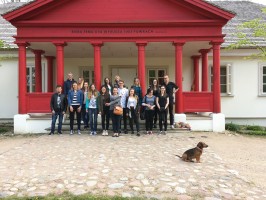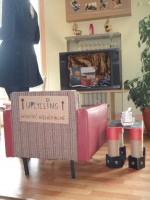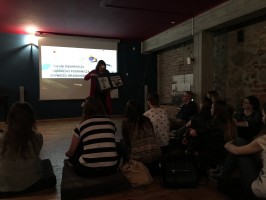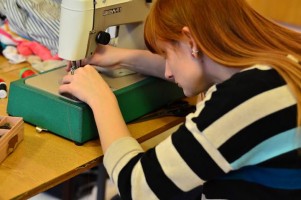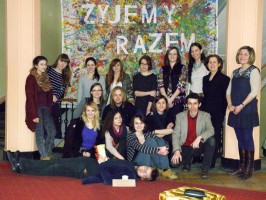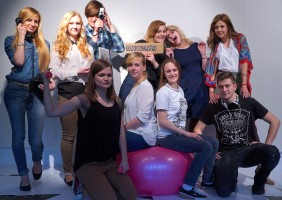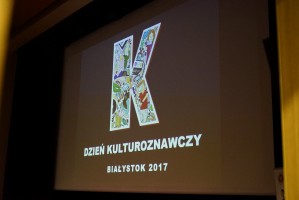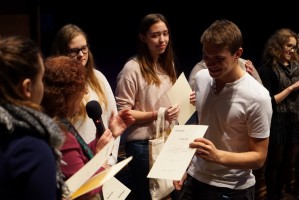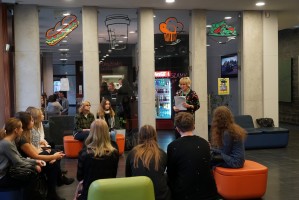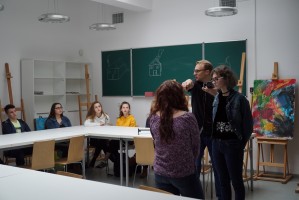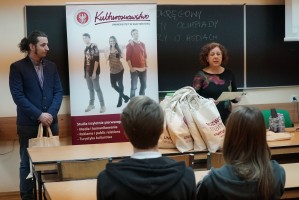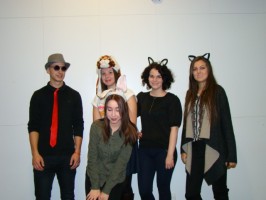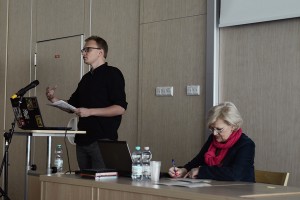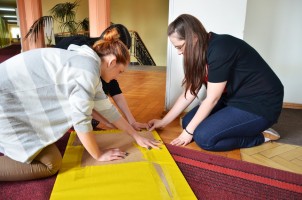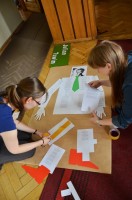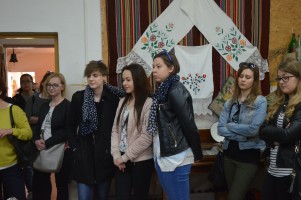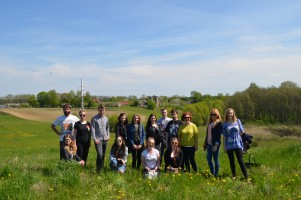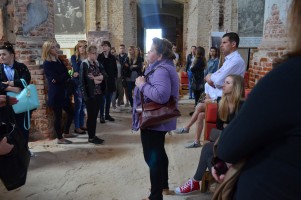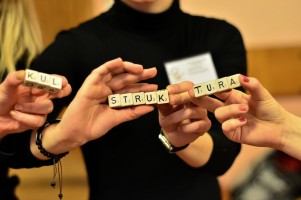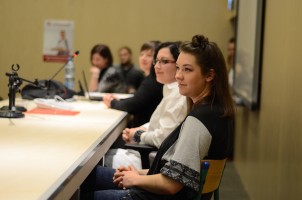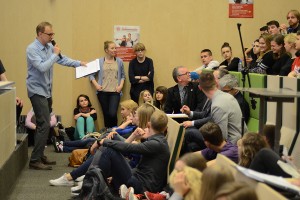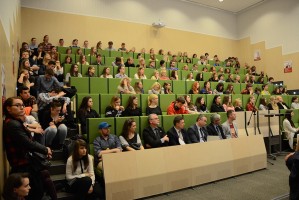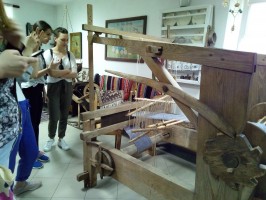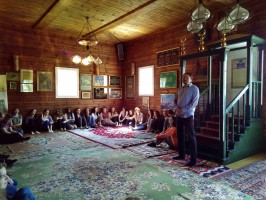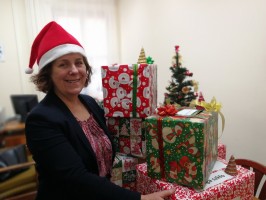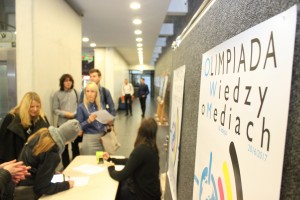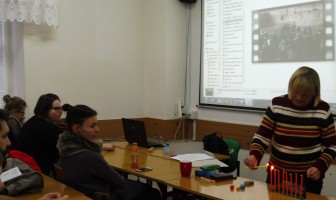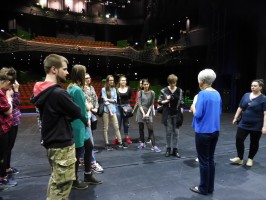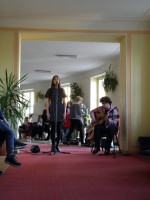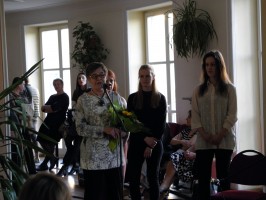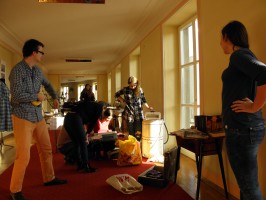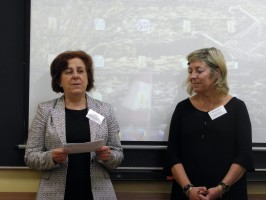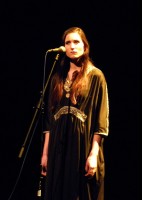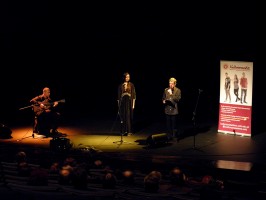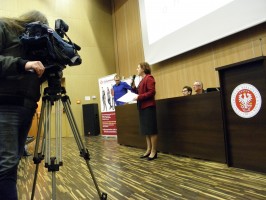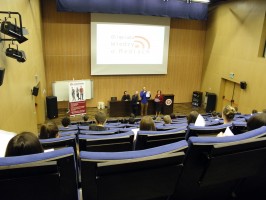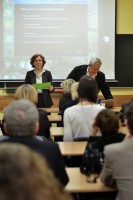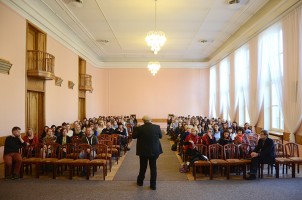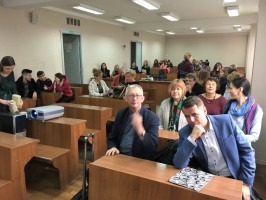
Health and safety guidelines for the Institute of Cultural Studies for the winter semester of 2020/2021
|
Wearing a face mask or a visor during breaks and in common areas such as corridors;
|
CULTURAL STUDIES
GIVES YOU OPPORTUNITIES
Nowadays Cultural Studies is one of the most prospective courses. It allows you to gain broad knowledge, it teaches you creative activity which is now a significant element in your career development. Cultural Studies graduates, as the research conducted by professor Richard Cichocki from Adam Mickiewicz University in Poznań shows, perform really well on the job market because Cultural Studies gives them opportunities to take up different jobs and find an attractive position.
Culture experts work as TV, newspaper, radio and Internet journalists. They deal with advertisement and public relations. They are culture animators in museums, community centres and art galleries. They become artists. They find job at universities. They work in banking and trade usually as specialists in social communication.
The Culture Studies candidate should remember that this course gives opportunities which each person should notice and make use of on his or her own. During the whole education one can learn a foreign language and basics of journalism, learn about the know-how of conducting a field research, ways of analysing media coverage and the rules concerning professional photography, controlling the camcorder or using graphic programmes, as well as many other useful skills. Apart from acquiring particular practical skills, students will also learn about philosophy, culture anthropology and theory of culture, history of art and film, history and theory of theatre. It teaches abstract thinking, creative insight on the world around us and most of all fast learning of the new things. They are all the most useful skills on the unstable labour market.









